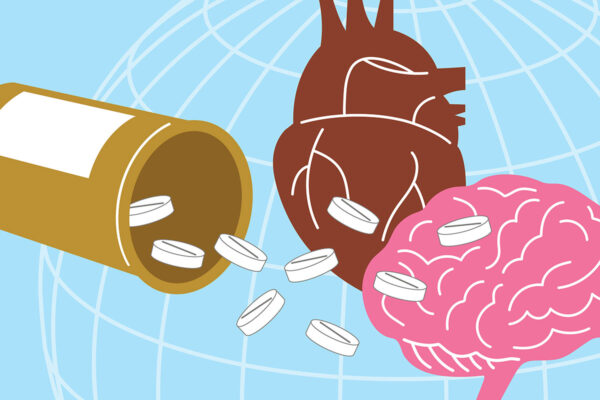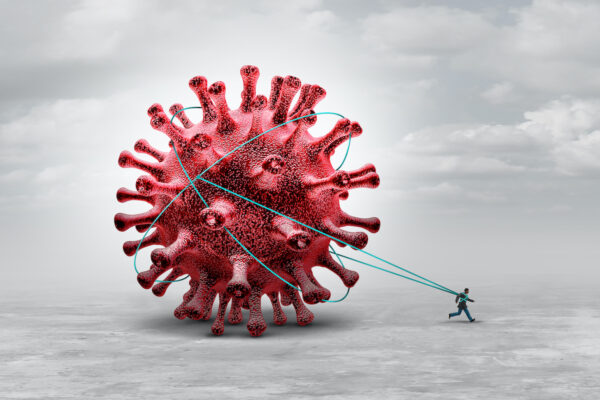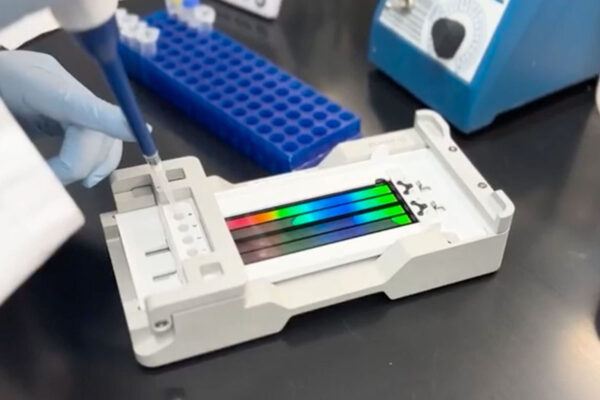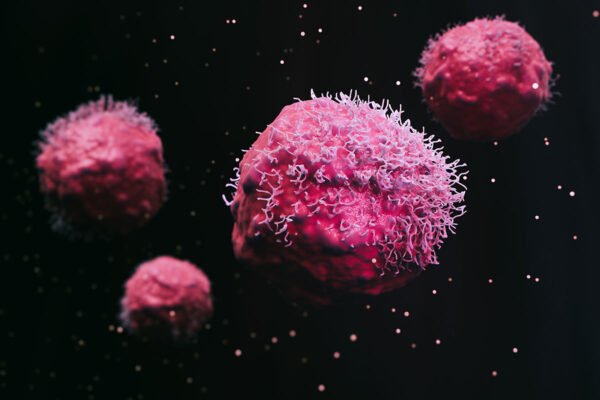Blowing snow contributes to Arctic warming
Atmospheric scientists led by Jian Wang, at the McKelvey School of Engineering, analyzed data from an Arctic expedition and found that blowing snow is a source of sea salt aerosols, impacting Arctic climate models.
Maddox participates in National Academy of Medicine’s leadership consortium
Thomas M. Maddox, MD, a professor of medicine at the School of Medicine, has been invited to become an active participant of the National Academy of Medicine’s Digital Health Action Collaborative Stakeholder Network.
08.23.23
Images from on and around the Washington University campuses.
Aspirin can help prevent a second heart attack, but most don’t take it
Fewer than half of people worldwide who have already had one heart attack or stroke take daily aspirin to prevent a second one, according to a new study led by researchers at the School of Medicine. Increasing daily aspirin use in such patients could reduce cardiovascular deaths.
Ding receives junior investigator award from virology society
Siyuan Ding, an assistant professor of molecular microbiology at the School of Medicine, has received the 2023 Ann Palmenberg Junior Investigator Award from the American Society of Virology.
Long COVID still worrisome two years after infection
For people who have contracted the COVID-19 virus, pain and suffering may continue two years after infection, according to a new study from the School of Medicine and the Veterans Affairs St. Louis Health Care system.
Medicare approves WashU Medicine’s whole-genome test for blood cancers
A new test for two blood cancers — developed by a team at the School of Medicine — is the first whole-genome sequencing test for cancer to be approved for reimbursement by the Centers for Medicare & Medicaid Services.
Ackerman named a 2023 Klingenstein-Simons fellow
Sarah Ackerman, an assistant professor of pathology and immunology at the School of Medicine, has received a 2023 Klingenstein-Simons Fellowship Award in Neuroscience.
Scientists reveal how proteins drive growth of multiple cancer types
Led by the School of Medicine and other institutions around the world, the Clinical Proteomic Tumor Analysis Consortium has completed a deep analysis of the proteins driving cancer across multiple tumor types. The findings could help lead to new therapies.
Alpha Omega Alpha Honor Medical Society names class of 2023
Washington University School of Medicine’s Alpha Omega Alpha chapter has chosen 24 faculty members, alumni and house officers-in-training to be new members of the medical honor society.
View More Stories








